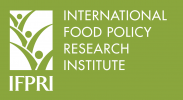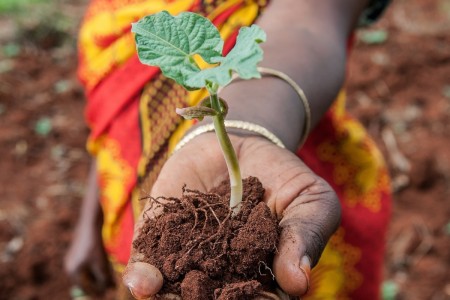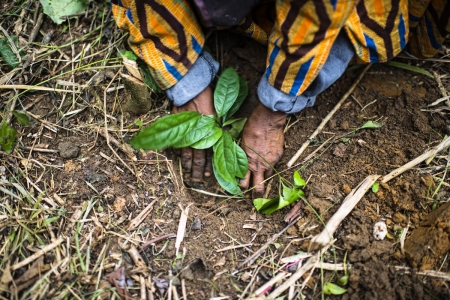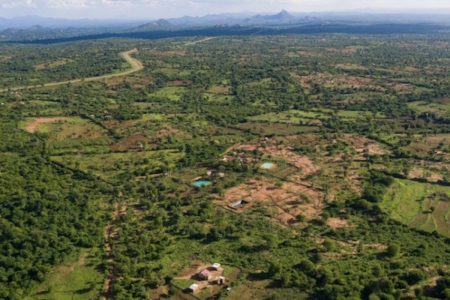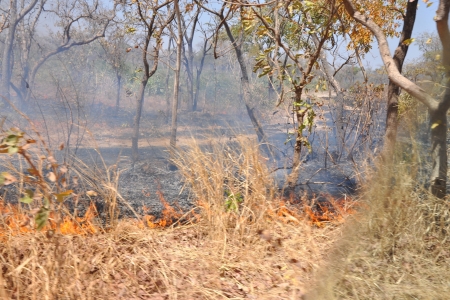Agricultural land and other natural resources in agricultural landscapes are important sources of ecological services and goods that the rural poor rely on. While these resources are mainly managed for provisioning (e.g., food, feed, medicine and fuel) and, to a less degree, cultural ES, supporting and regulating ES that underline the biophysical capacity of agro-ecosystems (e.g., soil retention, genetic diversity, and beneficial insect habitat) are often less tangible and under-invested. So far, limited empirical evidence exists to show how ecosystems and their services can better support enhanced multidimensional well-being of the rural poor. This study improves the understanding of the contribution of ES (or indicators of ES) to agricultural productivity, food and nutrition, and income for smallholder farmers in Nigeria. The study will also provide empirical evidence of the role of landscape diversity in the provision of pest control service and honey production. Beneficial insects provide important ES such as pest regulation, pollination and honey production. The flow of these services relies on agricultural management at the site and the functioning of the surrounding landscape determined by land use choices. Understanding the effect of landscape context on ES provision can inform land use management for enhanced ES and reduced agricultural externalities. Finally, policies addressing ES requires knowledge about farmers’ perception about ES, their benefits and management, about which little is known. This research takes the first step in filling the gap and identifying ES that are currently not well-recognized and thus under/mis-managed. Based on this, we draw policy implications for improving sustainable land management and human welfare through ES management.
menu

